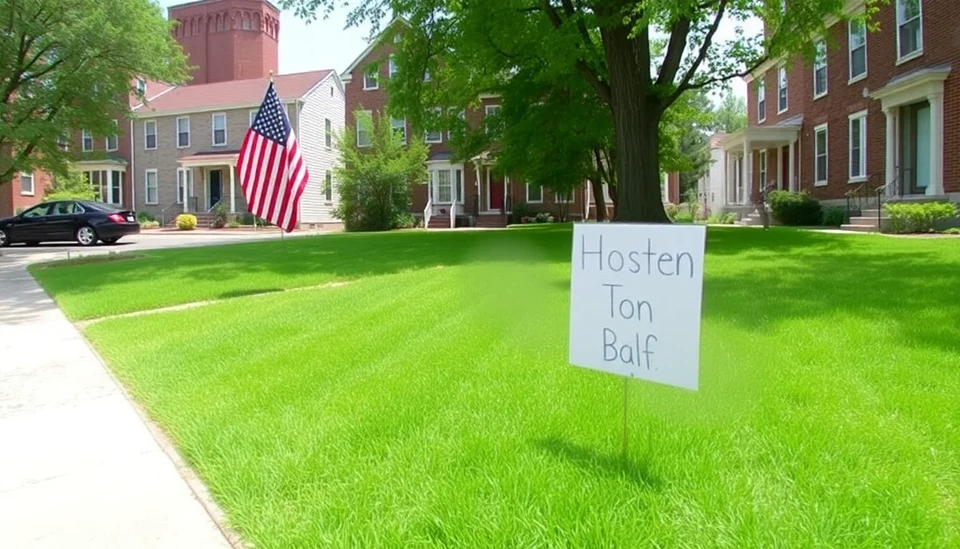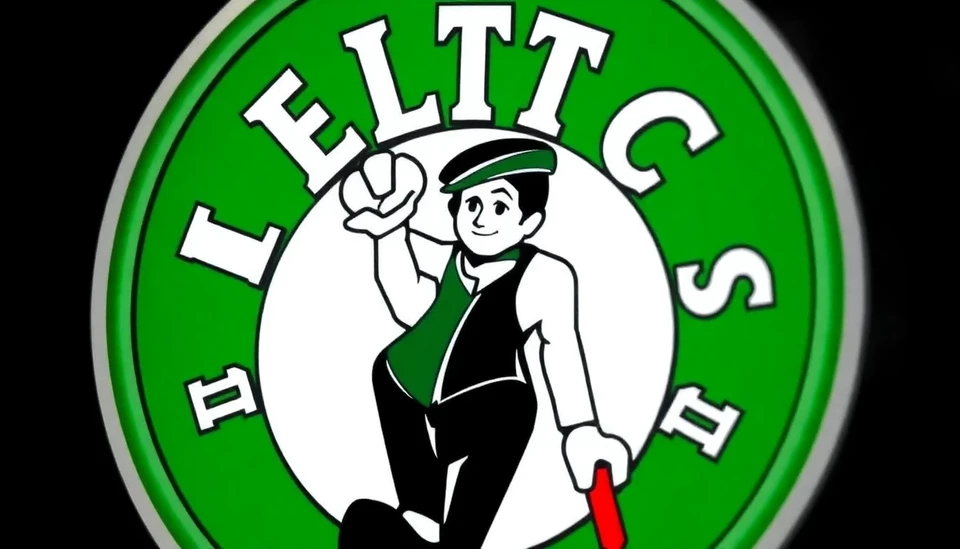
In a strategic move to address the growing financial burdens faced by homeowners within the city, Boston Mayor Michelle Wu has reignited discussions surrounding tax relief measures. This decision comes as many residents are confronted with skyrocketing property tax bills that have sparked widespread concern and protests.
The catalyst for the mayor's renewed efforts lies in the stark rise in property taxes that homeowners are currently facing. City data reveals that an overwhelming number of residents reported significant increases in their tax assessments, causing many to feel strained under the weight of their financial obligations. Mayor Wu's administration is acutely aware of the challenges posed by these surges and is planning to implement solutions to ease the burden.
During a recent press conference, Mayor Wu emphasized that the tax relief initiatives are crucial for ensuring the economic stability of Boston’s residents. She stated, “We must ensure that our homeowners can afford to live in their homes without the fear of being pushed out due to exorbitant taxes.” The mayor highlighted that equitable tax policies are necessary to maintain the city’s diversity and inclusivity.
To move forward with this initiative, Wu’s team is analyzing various options ranging from increasing exemptions for low-income families, establishing income-based caps on property taxes, to considering more extensive funding for affordable housing projects. With an extensive proposal due to be presented at the upcoming city council meeting, there is an anticipation about how these measures will be received by both the council members and the public.
Additionally, there is a growing partnership between the city government and community organizations aimed at educating residents about available tax relief options. This collaborative effort is designed to empower homeowners with the knowledge they need to effectively navigate their financial situations and to facilitate broader discussions about the future of homeownership in Boston.
Critics of the current tax structure argue that the rising bills may jeopardize the dream of homeownership for many families in Boston, particularly those from marginalized communities. Advocates for tax reforms believe that if these measures are implemented effectively, they could provide the much-needed financial relief to homeowners, enabling them to remain in the city they love.
As the discussions continue and the pressure mounts for a resolution, Mayor Wu remains resolute in her commitment to finding equitable solutions to the tax dilemmas facing Bostonians. The next few weeks will be crucial as the mayor’s office works with city council and stakeholders to turn discussions into actionable policies that can bring relief to residents.
With public sentiment increasingly wary of the financial implications of property tax increases, the eyes of many local homeowners are firmly set on the proposed framework for potential tax relief. Mayor Wu's actions may very well set the tone for homeownership stability in Boston in the years to come.
In conclusion, as Boston grapples with these significant financial challenges, the commitment to address homeowner tax relief reflects a broader narrative of resilience and community-focused governance. The outcome of the upcoming proposals will be pivotal in shaping the city's economic landscape.
#Boston #PropertyTax #HomeownerRelief #MichelleWu #BostonHousing #CommunitySupport #TaxReform
Author: Rachel Greene




